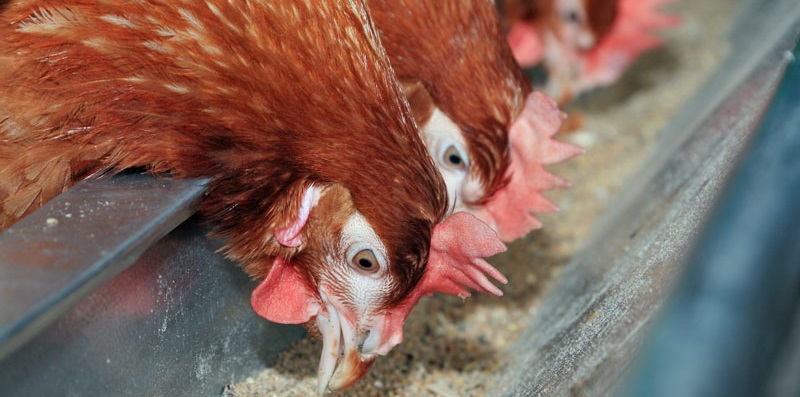
France, the European Union's biggest agricultural producer, reported its first outbreak of the deadly H5N1 bird flu virus in eight years after detecting it in a backyard in a southwestern region home to many foie gras and poultry producers.
According to a statement from the World Organisation for Animal Health in Paris, the birds first showed symptoms on 14 November, with the exact strain identified on 24 November.
The highly pathogenic H5N1 virus killed 22 chickens out of 32 kept in a family backyard at Biras in the Perigord region, officials said.
A statement from French agriculture minister Stephane Le Foll said the exact source of the infection was unknown.
Ministers asked France's health and safety agency to evaluate the strain's degree of danger to humans, Agriculture Minister Stephane Le Foll told reporters, insisting there was no risk of transmission by eating food.
"This virus has no effect as far as consuming poultry meat or anything that comes from poultry products is concerned - I am thinking particularly about foie gras since we are approaching times of high consumption," Le Foll told reporters.
Producers are concerned that the outbreak has occurred just ahead of the festive season, with about half of all annual sales of foie gras made in the month of December.
H5N1 was last reported in the EU in March, with cases in Bulgaria and Romania.
